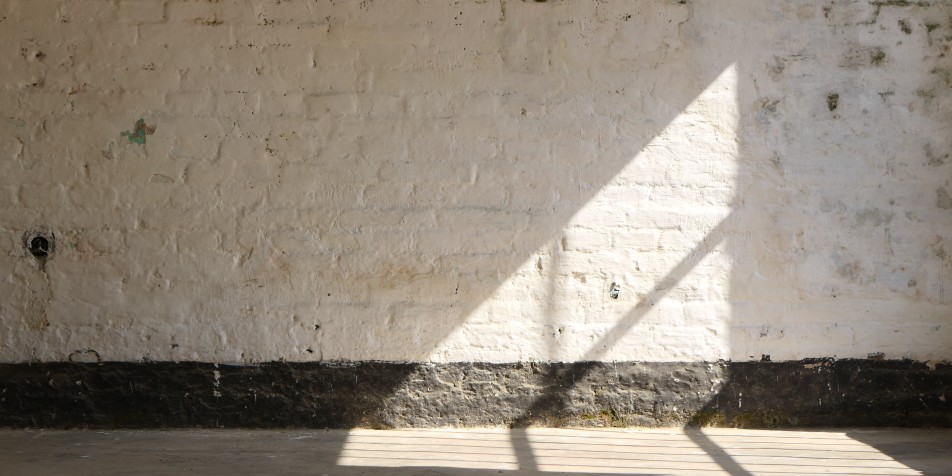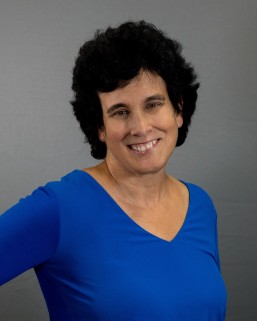Youth, Parents and Advocates Demand Youth Services Ombudsperson

Youth in placement through the child welfare, juvenile justice, behavioral health or developmental disabilities system need a local, independent ombudsperson to hear their grievances and investigate allegations of abuse including educational deprivation.
Youth in placement through the child welfare, juvenile justice, behavioral health or developmental disabilities system need a local, independent ombudsperson to hear their grievances and investigate allegations of abuse including educational deprivation. For two decades, through a series of scandals and task forces, the call has gone to the state to establish an ombudsperson office. The state-level recommendation, proposed repeatedly for over two decades and most recently from the governor’s Juvenile Justice Task Force, is still an important reform, but a local ombudsperson for Philadelphia is also necessary. Testimony at a recent city council hearing made clear that the city’s children cannot wait for the state to act and that a local office will be more accessible and effective. Youth, parents and facility workers need a safe and accessible place to go with complaints of abuse and a local ombudsman office can provide that.
An ombudsperson office is an independent agency that receives information directly from youth, families and staff about abuses in placement or with services provided by city agencies. It has the responsibility to share information about how to contact the office so citizens know where to turn to report concerns. When allegations are made, the office investigates, resolves and reports back to the person who contacted them so the resolution is clear. The office has the authority to issue reports on systemic problems and make recommendations to agencies, the mayor and city council. While the city does not have all the powers of the state, it can perform many critical functions, remove children from unsafe placements and revoke contracts from providers when conditions are unsafe.
